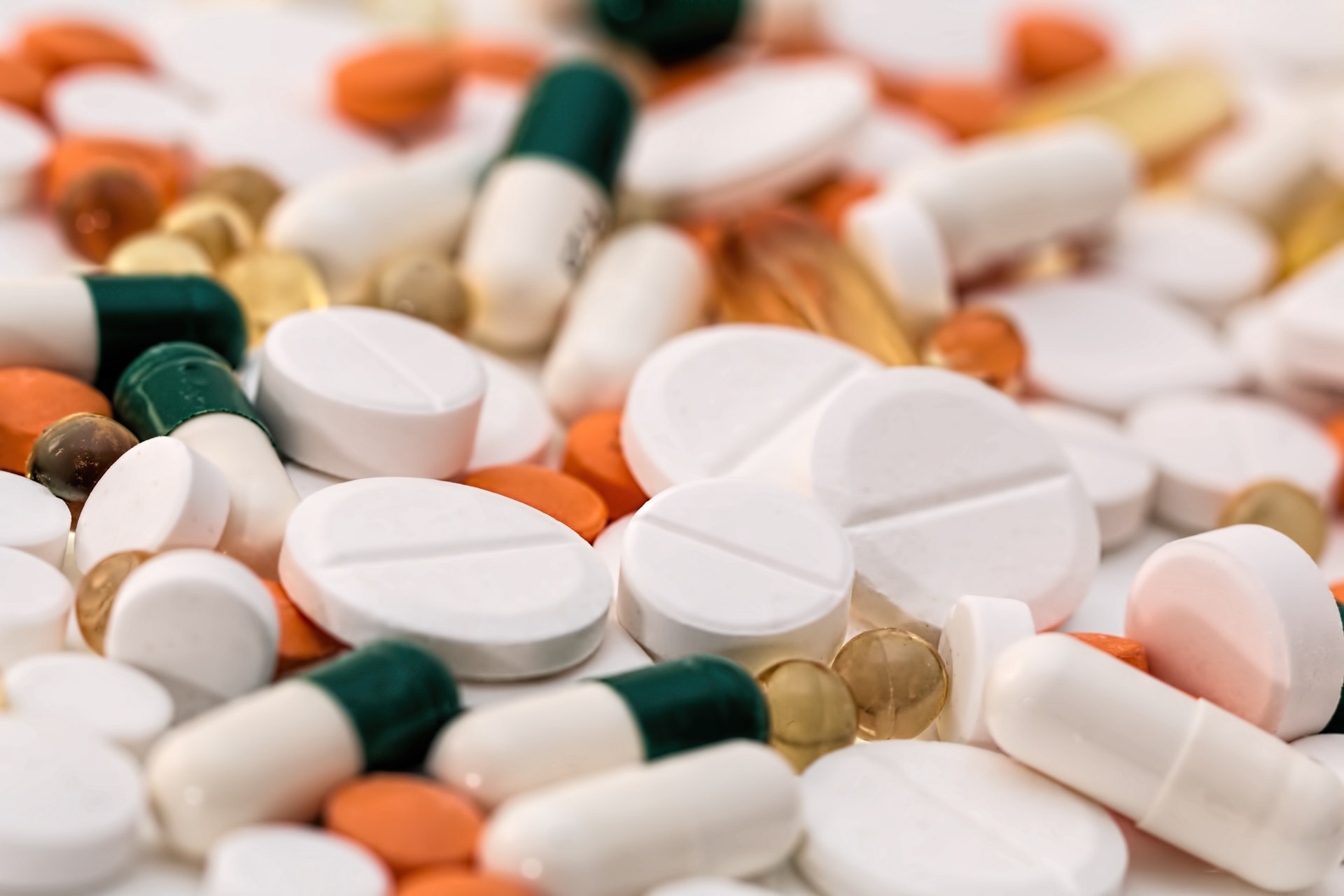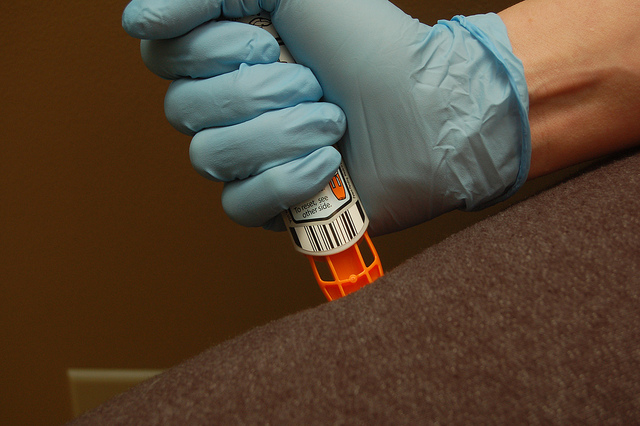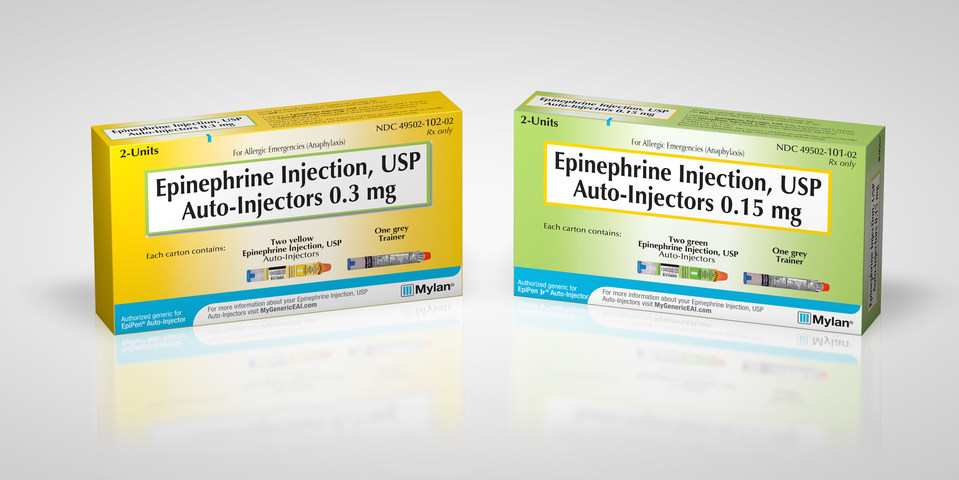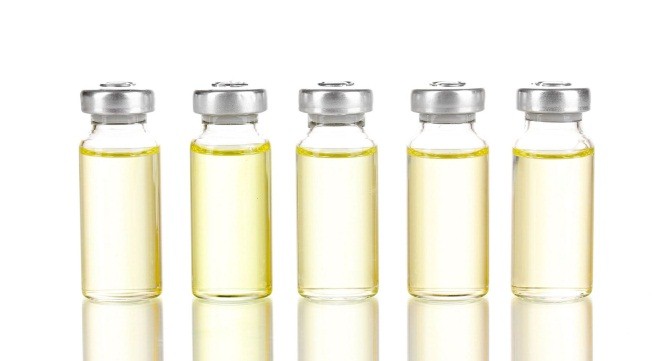Generic competition in the pharmaceutical industry is generally regarded as a good thing, but a recent study published in the Journal of Operations Management suggests that manufacturing-related issues that lead to product recalls are associated with high-stakes pricing competition between companies. This finding, along with the suggestion that market pressures may be influencing a generic drugmaker’s decision to report discretionary recalls, could have a significant impact on consumer health.
“Extreme price competition in the generic pharmaceutical market has some unexpected risks that regulators and lawmakers may not have foreseen when pushing for cheaper drugs,” said George Ball, assistant professor of operations and decision technologies at the Indiana University Kelley School of Business and the study’s lead author. “There’s a downside to cheaper drugs: You can’t guarantee that they’re going to be of the exact same quality. This research demonstrates that regulators and insurers may want to temper their intense public pressure placed upon pharmaceutical companies to bring prices down. Such pressure may come at a cost: poorly manufactured drugs.”
In their study, Ball and his colleagues looked at the consequences of the Drug Price Competition and Patent Term Restoration Act – also referred to as the Hatch-Waxman Act – which was passed in the US in 1984. The legislation was designed to lower drug prices by increasing competition in the pharmaceutical industry and support the expedited review and approval of generics. According to the researchers, the Hatch-Waxman Act succeeded in at least one way as the number of available generic drugs has grown exponentially in the past 34 years.
While generic drug manufacturing facilities are inspected by the FDA and held to the same quality standards as branded pharmaceutical production plants, the assumption that because generic drugs contain the same active ingredient as the original so they must be of the same quality, has been called into question. After studying nearly 940 recalls conducted over a 12-year period and involving 64 pharmaceutical manufacturing companies, Ball and his team found that generic companies facing more intense market competition for their drugs also had more serious product recalls.
RELATED: FDA to Improve Product Recall Process for Drugs, Medical Devices and Food
These firms reported more frequent Class 1 and 2 manufacturing recalls, which the FDA classes as situations in which the affected products could cause harm, or even death, to consumers taking the drug. While drug product designs are standardized across generic manufacturers, these firms are permitted to make decisions which could impact the quality of the product produced.
“This may explain why firms producing a higher proportion of generic products may have higher rates of recalls,” said Rachna Shah, associate professor of supply chain and operations at the University of Minnesota’s Carlson School of Management. “These decisions may include reducing labor costs, hiring less experienced employees or lowering maintenance costs by servicing manufacturing equipment less often. Firms may also respond to intense competition by purchasing lower-cost ingredients.”
Interestingly, the researchers found that managerial discretion was a primary determinant of whether manufacturing-related recalls linked with increased market pressures were disclosed. This means that those site managers under the most intense market pressure may be less likely to announce recalls when they have the choice, likely due to the damage it could do to sales of the product for which many other generics exist.
“Our results demonstrate that as product competition increases, manufacturing-related recalls increase,” said Kaitlin Wowak, assistant professor in the Department of Information, Analytics and Operations at the University of Notre Dame’s Mendoza College of Business. “This is particularly evident when firms are encouraged to compete on product price, are free to set prices, and the design of the product is unalterable.”
The researchers believe their study highlights the need for changes to the way FDA regulates and interacts with generic manufacturers. They suggest that specific documentation aimed at establishing how a generic medication should be manufactured and how thoroughly sites will be inspected should be compiled. Still, the FDA is working with finite resources and often suffers from a lack of qualified international site inspectors capable of routinely touring plants overseas where the majority of generic drugs are produced.












Join or login to leave a comment
JOIN LOGIN